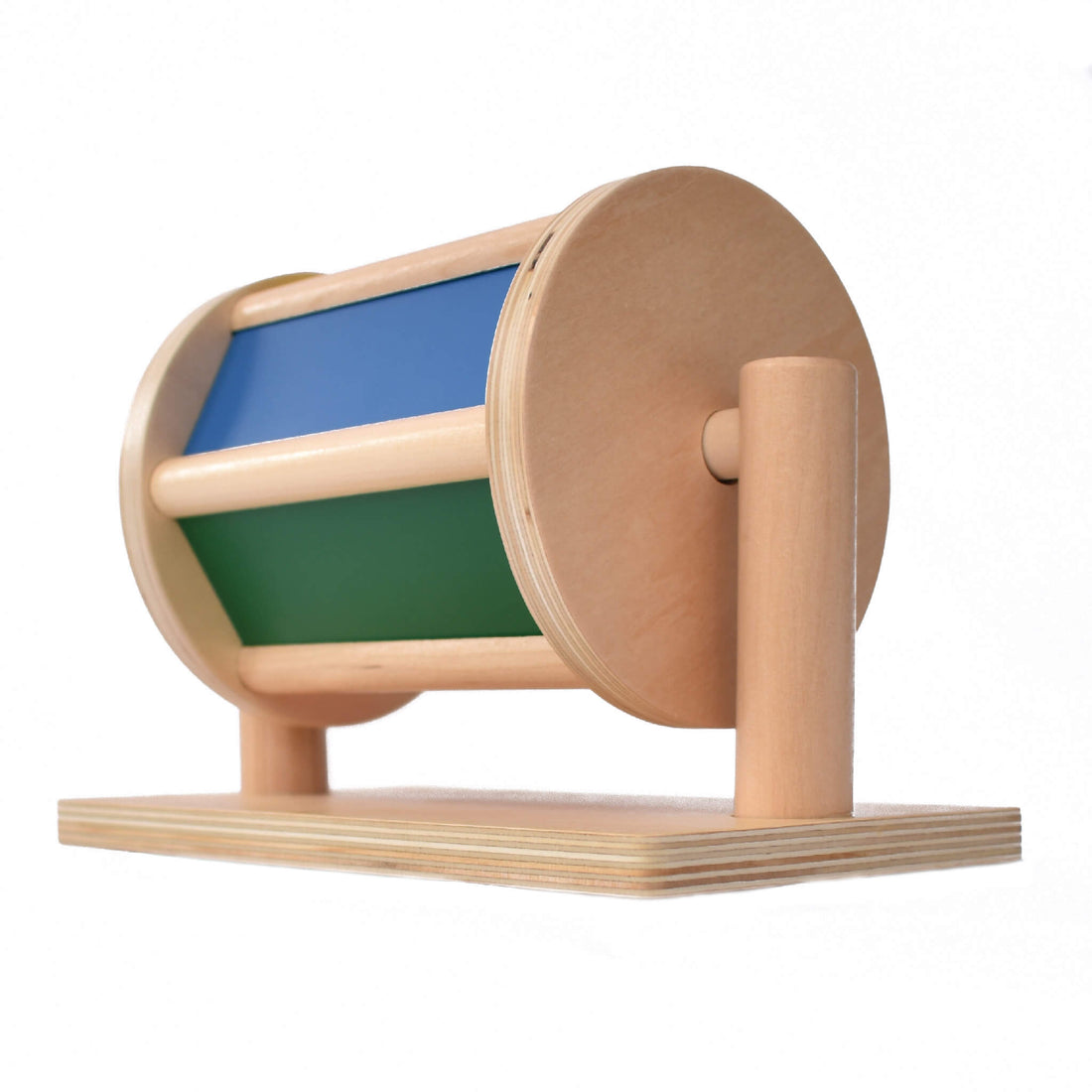The Joys of Montessori Toys: Nurturing Development Through Purposeful Play
The Joys of Montessori Toys: Nurturing Development Through Purposeful Play is a concise handbook that underscores the significance of Montessori-based toys in cultivating essential skills like creativity, independence, problem-solving, and focus in children. It provides practical insights on selecting toys that stimulate open-ended exploration and hands-on learning. This resource empowers parents and educators to create nurturing environments, fostering holistic development through purposeful play.
Definition of Montessori Toys:
Montessori toys are educational materials specifically designed to align with the principles of the Montessori method, emphasizing hands-on learning, sensory exploration, and child-led activities.
Philosophy behind Montessori Education:
Dr. Maria Montessori's educational philosophy centers on respecting each child's individuality, fostering independence, and allowing natural development through purposeful activities.
Importance of Purposeful Play in Child Development:
Purposeful play refers to activities that engage children in meaningful learning experiences, promoting cognitive, social, emotional, and physical development.
Characteristics of Montessori Toys :
Focus on Hands-On Learning: Montessori toys prioritize tactile experiences, encouraging children to manipulate objects and learn through direct interaction rather than passive observation.
Emphasis on Sensory Exploration: These toys engage multiple senses, facilitating sensory development crucial for understanding the world around them.
Encouragement of Independence and Creativity: Montessori toys promote self-directed play, empowering children to explore and create using their imagination, fostering independence and creative thinking.
Promotion of Self-Directed Learning: These toys allow children to discover and learn at their own pace, encouraging a sense of curiosity and exploration.
Benefits of Montessori Toys :
Enhancing Cognitive Development: Activities like puzzles, stacking toys, and sorting games stimulate cognitive abilities such as problem-solving, critical thinking, and decision-making.
Fostering Fine Motor Skills: Manipulating Montessori toys, like threading beads or using tweezers, helps in refining fine motor skills and hand-eye coordination.
Stimulating Imagination and Creativity: Open-ended Montessori toys inspire imaginative play, encouraging children to create their narratives and explore various scenarios.
Cultivating Problem-Solving Abilities: By allowing children to explore freely, Montessori toys encourage them to overcome challenges and find solutions independently.
Instilling Confidence and Self-Esteem: Successfully engaging with these toys empowers children, boosting their confidence as they accomplish tasks and solve problems.
Montessori toys, rooted in the educational philosophy of Maria Montessori, go beyond mere playthings. They are meticulously crafted to stimulate a child’s imagination, promote independence, and aid in holistic development. These toys are designed with a purpose, encouraging hands-on exploration and fostering a love for learning. Let's delve deeper into the profound impact Montessori toys have on children's growth and development.

Choosing the Right Montessori Toys :
Consideration of Child's Age and Developmental Stage: Select toys that match the child's abilities and interests, ensuring they are challenged but not overwhelmed.
Quality and Materials Used: opt for toys made from safe, durable, and natural materials, prioritizing quality over quantity.
Incorporation of Various Learning Objectives: Choose toys that cover a range of skills such as cognitive, sensory, fine motor, and social-emotional development.
Compatibility with Montessori Principles: Ensure the toys encourage independence, exploration, and self-directed learning, aligning with Montessori educational principles.
Purposeful Design and Learning:
Unlike conventional toys, Montessori toys are carefully designed to serve a specific educational purpose. They aim to engage children actively, promoting learning through play. From simple wooden puzzles that encourage problem-solving to sensory materials that enhance tactile experiences, each toy is crafted to stimulate various aspects of a child’s development.
Incorporating Montessori Toys at Home and in Educational Settings :
Creating a Montessori-Inspired Environment: Set up designated areas at home or in classrooms with carefully chosen Montessori toys to encourage focused and purposeful play.
Implementing Structured Play Sessions: Offer guidance and support during playtime, demonstrating how to use the toys and encouraging exploration while respecting the child's autonomy.
Utilizing Toys as Learning Tools: Integrate Montessori toys into learning activities, using them as tools to teach various concepts such as math, language, and sensorial exploration.
Partnering with Educators and Caregivers: Collaborate with teachers and caregivers to ensure consistency between home and educational settings, reinforcing the child's learning experiences.
Encouraging Independence:
One of the fundamental principles of Montessori education is fostering independence. Montessori toys are intentionally created to allow children to explore and manipulate them without constant adult intervention. Through these toys, children learn to make choices, develop decision-making skills, and take ownership of their learning journey. Whether it’s arranging colorful blocks or sorting shapes, these toys empower children to learn at their own pace, boosting their confidence and self-esteem.
Holistic Development:
Montessori toys emphasize holistic development encompassing cognitive, physical, social, and emotional growth. For instance, open-ended toys like building blocks or stacking toys not only enhance spatial reasoning and fine motor skills but also encourage social interaction when children engage in collaborative play. Moreover, sensory toys like textured balls or sensory bins provide opportunities for exploration, aiding in sensory development and cognitive understanding.
Promoting Creativity and Imagination:
Creativity flourishes in the world of Montessori toys. These toys often have no predetermined outcomes, allowing children the freedom to explore and create using their imagination. Whether it's a set of art materials, imaginative playsets, or nature-inspired toys, Montessori toys inspire creativity and innovation, nurturing a child's artistic and imaginative abilities.
Parental Role and Support:
While Montessori toys promote independent learning, parental involvement is crucial. Parents play a pivotal role in providing guidance, offering support, and creating an environment conducive to learning through play. Engaging with children during playtime, observing their interests, and introducing new materials can further enrich the learning experience.
Conclusion:
Montessori toys offer more than mere entertainment; they are tools for learning and growth. Their thoughtful design, focus on independence, holistic development, and promotion of creativity make them invaluable assets in a child’s formative years. By incorporating Montessori toys into a child’s play environment, parents and educators can instill a love for learning that extends far beyond childhood, laying a strong foundation for a lifetime of curiosity and exploration.

